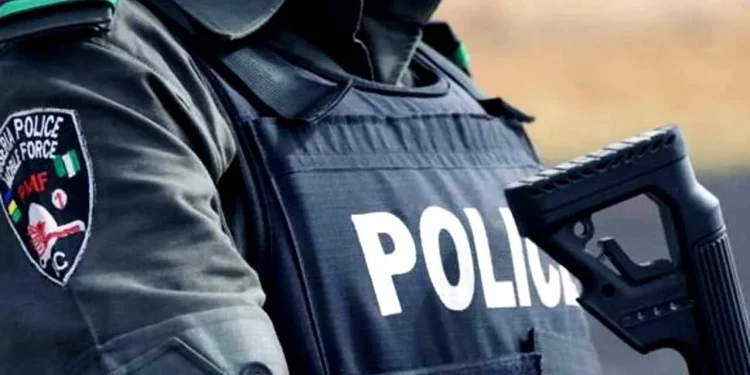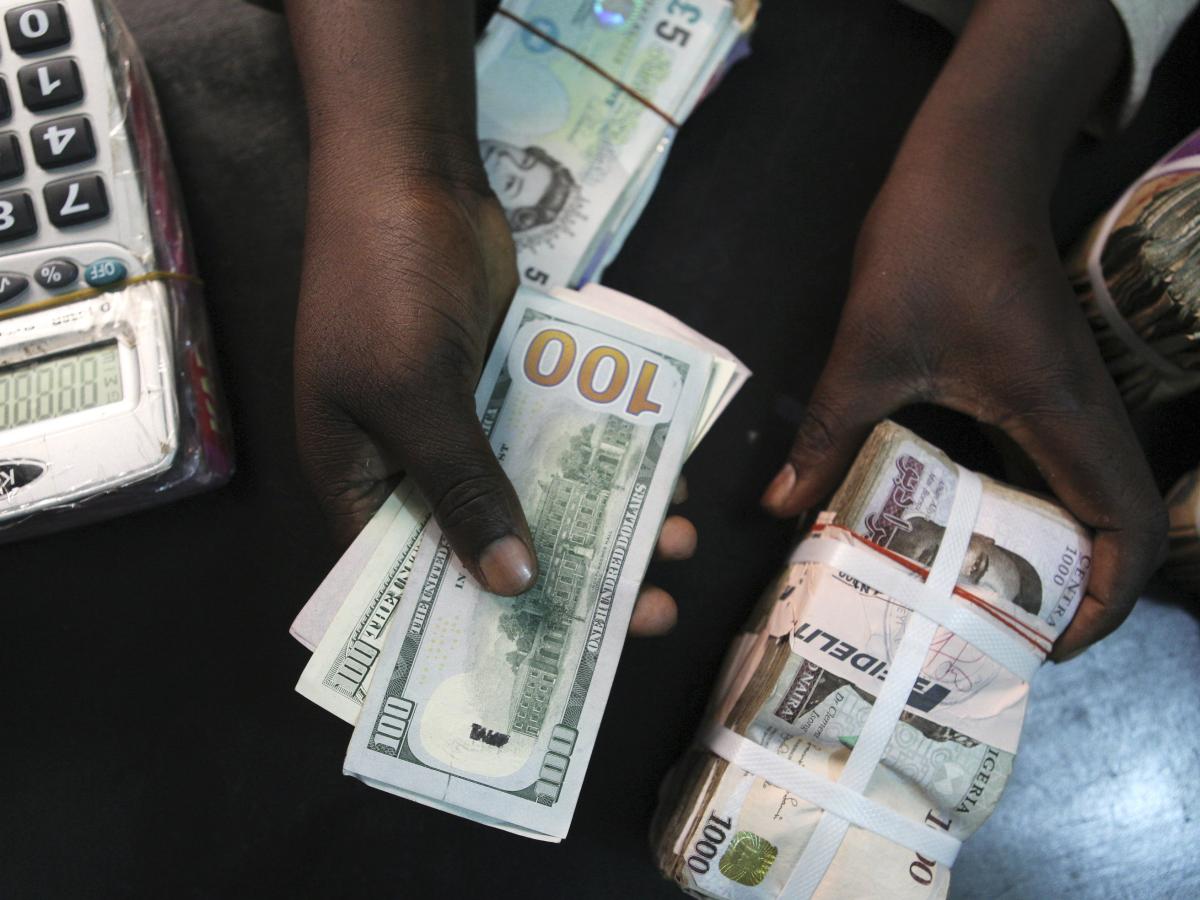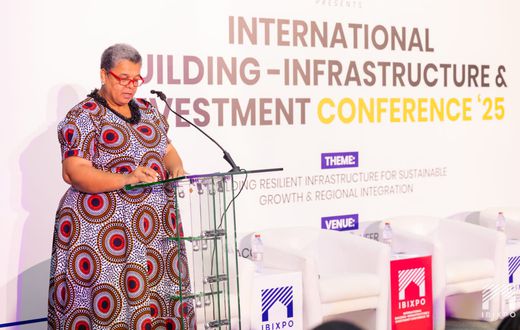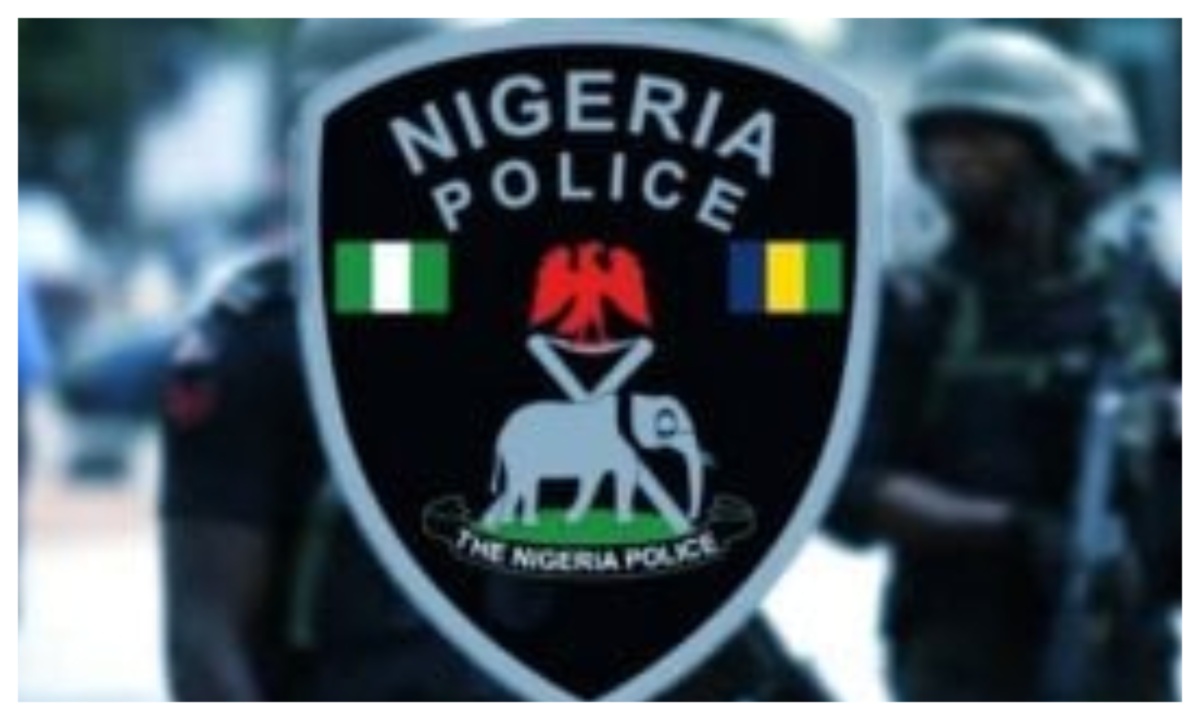A tragic incident in Akwa Ibom State has led to the arrest of Joseph Okon Eren, who is accused of fatally attacking a youth leader, Ekopimo Effiong Moses. The altercation, which resulted in the loss of a vibrant community member, has sparked concern regarding communal disputes and youth violence in the region.
The Conflict: A Dispute Turns Deadly
According to the Akwa Ibom State Police Command, the confrontation occurred in Ibesikpo Asutan Local Government Area (LGA) and stemmed from a disagreement between the two men. Eren, age 37 and originally from Uruan LGA but residing in Ibesikpo Asutan, reportedly engaged in a heated argument with Moses, the 34-year-old community youths’ president.
Eyewitnesses and local leaders state that what began as a verbal exchange quickly devolved into a violent altercation. Both individuals allegedly used machetes during the fight. Moses sustained critical injuries and was immediately transported to a nearby hospital, where he was later pronounced dead.
Police Investigation and Community Response
The Akwa Ibom Police spokesperson, DSP Timfon John, addressed reporters at police headquarters, confirming the sequence of events. John stated, “Operatives responded promptly on Thursday, September 11, 2025, following a report from the village head. The disagreement between the two men escalated beyond control, resulting in fatal injuries to Ekopimo Effiong Moses. A machete, thought to have been the weapon used, was recovered at the scene.”
Eren was detained shortly after the incident, and police have launched a confidential investigation to uncover all circumstances surrounding the case. Meanwhile, the remains of Moses have been deposited at the morgue as the local community mourns his loss.
Local Impact: Shock and Calls for Peace
News of the violent clash has caused significant unrest in Ibesikpo Asutan and Uruan LGAs. Community members and leaders have gathered to express their grief and urge for a return to peaceful conflict resolution methods. Many residents recall Moses’s dedication to youth initiatives and describe him as a passionate advocate for positive change in the locality.
One community elder commented, “We are deeply disturbed by this tragedy. There is an urgent need for enhanced dialogue and nonviolent conflict management among our youths.”
Wider Regional Concerns
The incident highlights persistent challenges with youth tensions and the escalation of disputes into violence across parts of Nigeria and West Africa. Reports collected by local human rights organizations indicate that disagreements, particularly in densely populated rural settings, can rapidly become dangerous when not addressed constructively.
- Increased community outreach and education on peaceful mediation.
- Engagement of traditional rulers and elders to develop more robust conflict resolution processes.
- Support for youth empowerment and mentorship programs to channel energy into positive activities.
Legal Implications and Next Steps
With Eren in custody, the Akwa Ibom State Police Command has assured the public of a thorough and impartial investigation. Legal experts in the state note that if convicted of murder, the suspect could face severe penalties, including life imprisonment or worse under Nigerian law.
Legal analyst Barrister Iniobong Udo commented for this story, “Cases involving loss of life through communal fights require meticulous investigation to ensure justice is done. The law must serve both as a deterrent and as a vehicle for healing the community.”
What This Means for Nigeria and Beyond
This event is a painful reminder of the significance of dispute resolution education and stronger community support systems. Across Nigeria and neighboring countries such as Ghana and other West African states, initiatives are underway to address similar challenges. However, incidents like this continue to illustrate the urgency for renewed commitment by all stakeholders—government, civil society, and the youth themselves—to prevent a recurrence.
According to the Nigerian Bureau of Statistics, communal clashes and youth violence account for a large share of fatal disputes in rural communities annually. A coalition of NGOs is already planning new outreach in Akwa Ibom, with workshops scheduled to train young leaders in nonviolent communication and leadership skills.
How Can Youth Violence Be Curbed?
Efforts to reduce community violence must focus on a multi-pronged approach:
- Integrating conflict resolution modules into school and youth association curriculums.
- Expanding mental health support and counselling services.
- Encouraging local governments to work closely with traditional authorities and law enforcement bodies.
- Facilitating opportunities for young people to participate in leadership and decision-making.
Voices from the Region
Reactions to the incident have reached as far as regional youth groups and civic organizations, many offering condolences to the Moses family and the Ibesikpo Asutan community. West African activist Tunde Agyeman remarked, “This tragic event should push us all to invest more energy in fostering understanding and avoiding violence, particularly among young people who are the future of our communities.”
Moving Forward
The Akwa Ibom State Police Command encourages any witnesses or those with further information to assist their ongoing investigation. They emphasize the need for support and solidarity during this challenging time. As legal proceedings unfold, the public and media are urged to avoid speculation and respect the privacy of the families affected.
Local authorities reiterate their commitment to maintaining peace and order while reaffirming that anyone found guilty of participating in violence will be held accountable under the law. The hope remains that collective mourning will serve as a catalyst for social reform in conflict management throughout Nigeria and the wider region.
What’s your take on the state of youth conflicts in Nigeria? Have similar incidents occurred in your community? Share your thoughts below and follow us for ongoing coverage of this story and related issues.
For general support, reach out at support@nowahalazone.com.
Get involved in the conversation—drop your comments, opinions, or tips below. Follow us for more updates on Facebook, X (Twitter), and Instagram!










